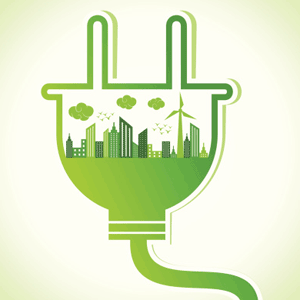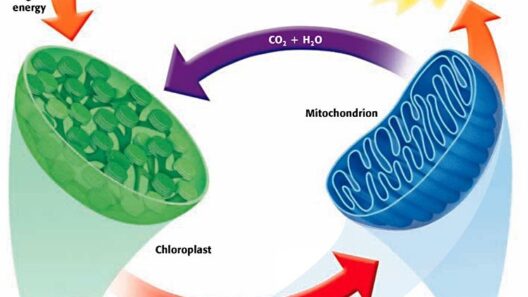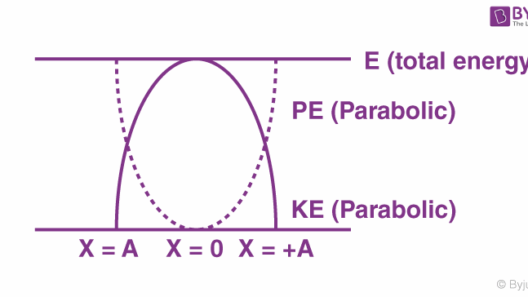In an era defined by rapid technological advances and an ever-increasing demand for energy, embracing energy conservation has become not just a personal endeavor but a global necessity. The dual benefits of conserving energy are enviable: substantial savings on utility bills coupled with fostering a sustainable environment. Herein lies the exploration of practical energy-saving hacks that are both easy to implement and have the potential to radically transform your home, ultimately promising to reshape your perspective on energy consumption.
One of the most effective realms to begin your energy-saving journey is through the subtle yet significant adjustments within your domicile. Commencing with the lighting choices within your abode can yield immediate dividends. Transitioning from traditional incandescent bulbs to energy-efficient LEDs represents a fundamental shift. These bulbs consume a fraction of the energy and boast an extended lifespan, promising longevity and efficacy. Moreover, employing dimmers and motion sensors can further augment this effort, ensuring that energy is conserved only when illumination is necessary. This simple change can catalyze a noticeable decrease in energy bills and an equivalent reduction in carbon emissions.
Another realm ripe for exploration is the optimization of heating and cooling systems. Often, homes are plagued by inefficiencies caused by drafts, poorly insulated windows, or subpar HVAC systems. A thorough assessment and fortification of insulation can substantially curtail energy usage. Strategies may include applying weather stripping or caulking around windows and doors to eliminate air leaks. Moreover, scheduling regular maintenance of heating and cooling units is paramount—cleaning filters and ensuring proper functionality can enhance efficiency considerably. Such practices not only contribute to lower costs but also extend the life of the equipment, establishing a win-win scenario.
Integrating smart technology into your daily operations offers another innovative approach to conserving energy. Smart thermostats, for instance, provide unparalleled control over your household’s climate. These devices learn your habits over time, adjusting the temperature in accordance with your preferences and the time of day. With the convenience of remote access, you can ensure energy is conserved during periods of absence, for instance, while at work or on vacation. The transition to such technology not only cultivates a more thoughtful energy use but often translates to impressive savings, leaving you with more resources to allocate elsewhere.
Water heating is frequently an overlooked energy sink; however, it represents a considerable opportunity for savings. The installation of energy-efficient water heaters or implementing a simple timer on existing models can result in remarkable reductions in energy consumption. Ensuring that your water heater is set to an optimal temperature—typically around 120 degrees Fahrenheit—can further curtail unnecessary energy usage. Additionally, reducing the duration of hot showers and fixing leaks promptly can compound these savings, making a discernible difference in your monthly bills.
Beyond structural modifications and tech integration lies the potential of behavior modification. Simple lifestyle changes can have profound effects on energy conservation. Encouraging family members to adopt energy-conscious practices, such as turning off lights when exiting a room or allowing laundry to dry naturally rather than using a dryer, fosters a culture of sustainability within the household. Furthermore, relying on air drying for dishes—by simply placing them on a rack instead of utilizing a dishwasher’s drying cycle—can yield significant reductions in energy use. These collective minor adjustments contribute to a larger paradigm shift regarding how energy is perceived and utilized daily.
Moreover, it’s imperative to consider the role of appliances in energy consumption. When upgrading or purchasing new appliances, prioritizing Energy Star-rated products can lead to major efficiency improvements. Such appliances are engineered to use significantly less electricity and water, thus minimizing environmental impact while also providing long-term savings. The initial investment in energy-efficient appliances is often offset by the subsequent reductions in operational costs, culminating in a net gain.
Utilizing natural resources can further augment energy savings. Harnessing solar energy through the installation of solar panels represents a powerful step towards sustainable living. Though upfront costs can be daunting, many state programs and incentives can mitigate these expenses. Solar panels provide clean energy and can vastly decrease or even eliminate electricity bills. The exhilarating prospect of generating your own power empowers homeowners and paves the way for a future oriented towards environmental stewardship.
Lastly, thorough awareness of one’s energy consumption habits cannot be overstated. Regularly monitoring your energy bill and understanding peak usage times can lead to more informed decisions about energy use. Many utility companies offer tools and resources aimed at educating consumers about their consumption patterns and recommending tailored approaches to energy efficiency. This kind of self-education not only promotes awareness but also stimulates accountability, ensuring that your efforts in energy conservation resonate within your community.
In conclusion, the imperative to conserve energy transcends the individual and taps into a collective ethos aimed at environmental preservation. Through simple yet effective hacks, from optimizing lighting to embracing smart technology, homeowners can navigate this path toward sustainability. The confluence of savings and environmental benefits not only promises a shift in perspective but also kindles a deeper curiosity about the impact of energy consumption in our lives. As stewards of the planet, the onus is upon us to adopt practices that benefit both our wallets and our world. The journey towards energy conservation begins at home, and each small change contributes to a monumental difference.








